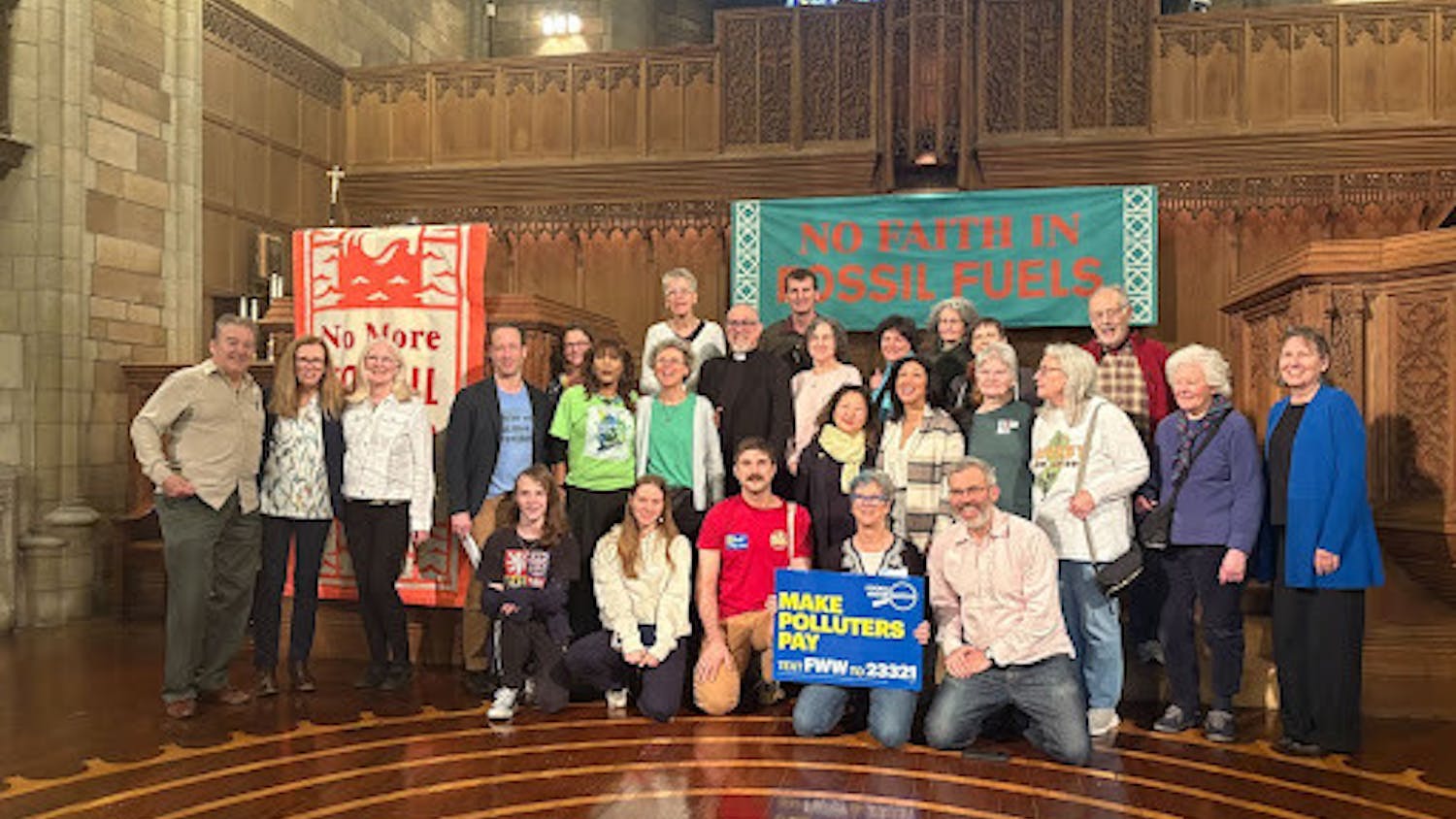By Jolie Shave
Correspondent
In March 2020, President Foster sent out the “inevitable message” that all classes for the remainder of the spring semester would be moved to a remote-only format. From then on, students at the College had to quickly adapt to the world of breakout rooms, screen-sharing and lockdown browsers. While navigating the challenges of online learning, students also had to adapt to online internships.

Since the Covid-19 outbreak, students at the College have missed out on in-person internships that others in past years had relied on to gain professional skills that carry into their careers. Remote-only internships have left upcoming graduates weary of how prepared they truly are to enter the workforce.
Julia Farnung, a senior sociology major, took on a remote-only internship last semester with HomeFront’s “Joys, Hopes and Dreams” program as an academic tutor.
“Every Monday and Wednesday from six to eight, they would have you sign up via a Google doc and then the kids hopped on Zoom with all the tutors and we were put in breakout rooms — two tutors per child,” Farnung said.
While this gave her experience working with kids, the inability to work hands-on with them was an impediment.
“The fact that you’re online is a complete barrier, so you’re not really getting that interpersonal connection,” Farnung said.
The ability to form interpersonal connections with young students is a crucial skill for Farnung’s prospective career as a school social worker. When it comes to her thoughts about returning to in-person instruction, she has “mixed feelings.”
After having grown so accustomed to working in an online format, the idea of readjusting to being in-person is intimidating, but students are not alone.
“Everyone went through [this pandemic] together, there’s going to be an adjustment period overall,” said Shannon Conklin, director of career and leadership development at the College’s Career Center. “Companies that have been really thoughtful around [this adjustment period] have HR departments and managers and teams that are thinking about this critically.”
Conklin said that companies and employers that have had to switch to remote operations during the pandemic will also be readjusting as they return in person, so students should understand that lack of in-person work experience due to the pandemic will not necessarily put them at a disadvantage. In fact, she suggested this may even give them an advantage.
“It can be an asset or highlight, showing how students have this resiliency to quickly adapt to a situation,” Conklin said. “And that is something that is very highly desirable from employers.”
Farnung exemplified that adaptability when she found herself taking a leadership role at her internship. While others had a difficult time navigating the capabilities of Zoom, Farnung had already spent an entire semester of classes on Zoom and knew exactly how it worked.
“It was up to me to schedule Zoom meetings, let people in, do all these things and be the tech person behind everything,” Farnung said.
That is what Conklin believes will add value to a graduate’s application when they transition into the workforce and, ultimately, in-person operations.
“[Students] have all pivoted to remote learning, working jobs remotely and quickly ramping up to understand different platforms and different technology – all of that translates to resilience and this ability to navigate change, so it’s a credit,” Conklin said.
While students may be able to add “adaptive” to their resumes, some may still be feeling anxiety over what to expect from working outside of a remote world. “This is where alumni connections come into play,” Conklin said, recommending that students connect with alumni in their industry to ask about the work environment and what to expect from being in-person.
With in-person work on the horizon for the class of 2021, graduates can take confidence in their well-proven resiliency, understand they aren’t alone in the transition and take steps to further prepare themselves.
“It’s a matter of getting used to being in-person again, which takes time,” Farnung said. “But I’m hoping we can all get back there again.”







